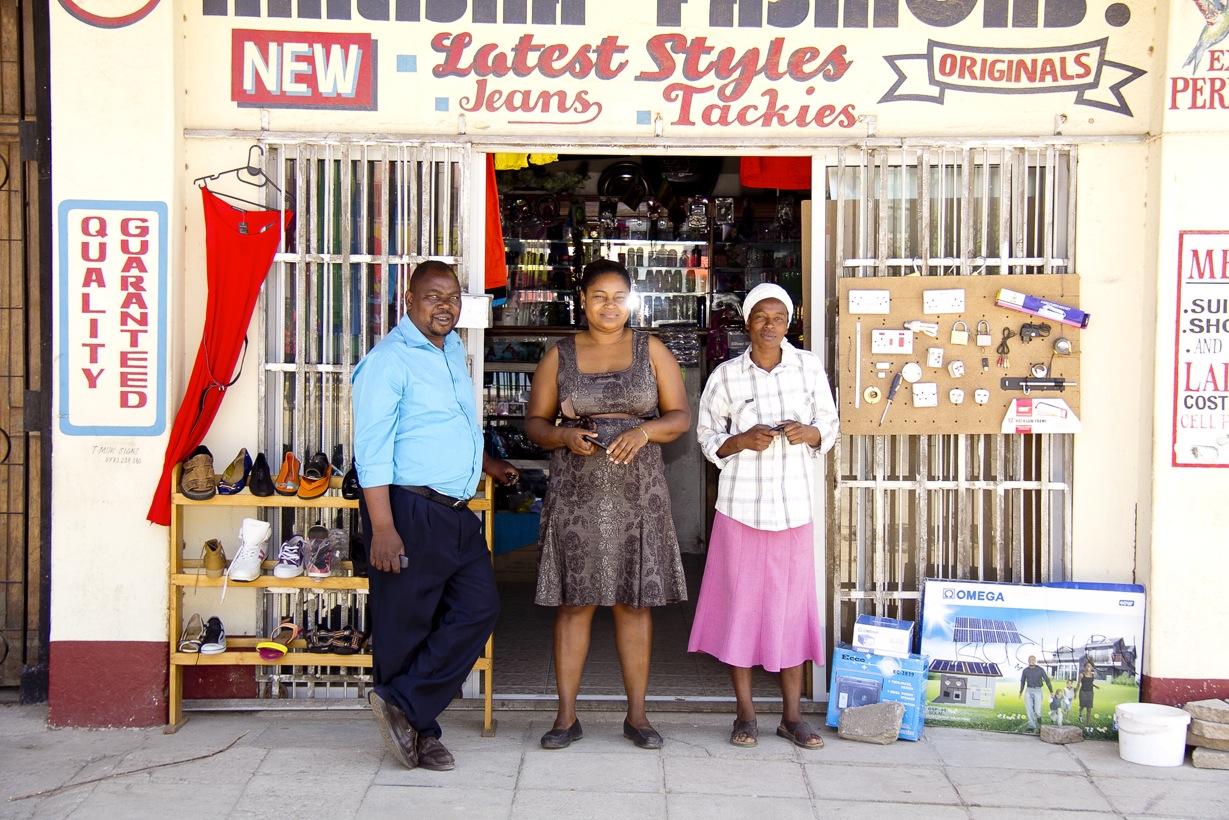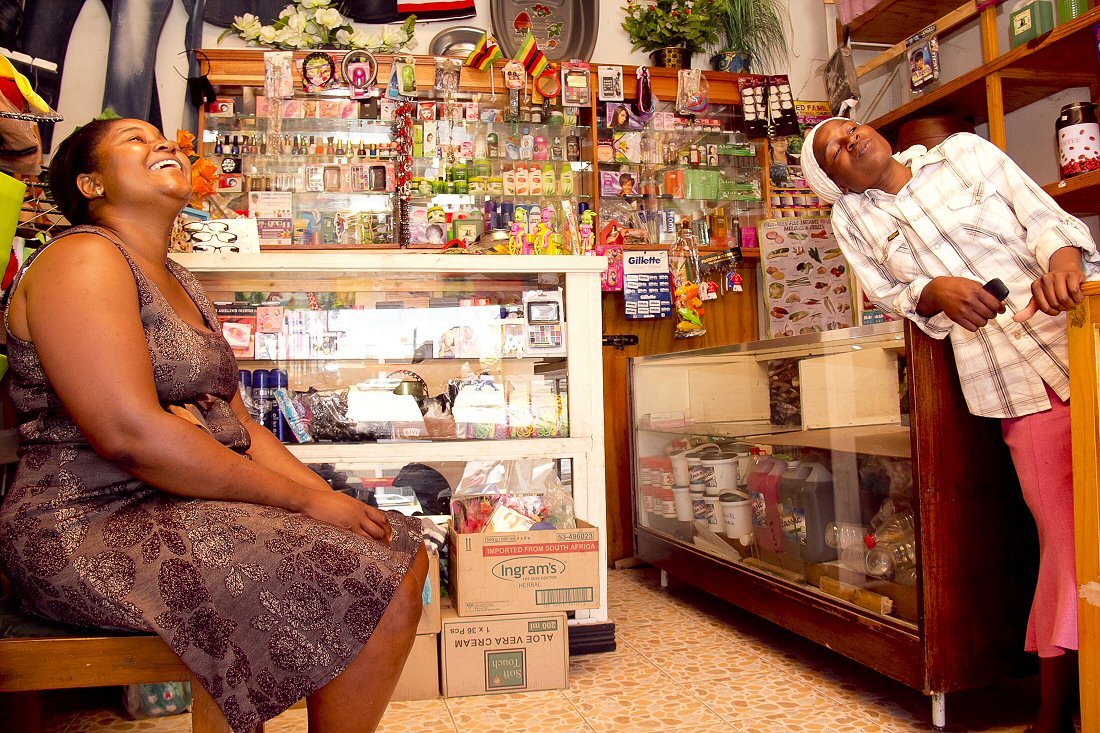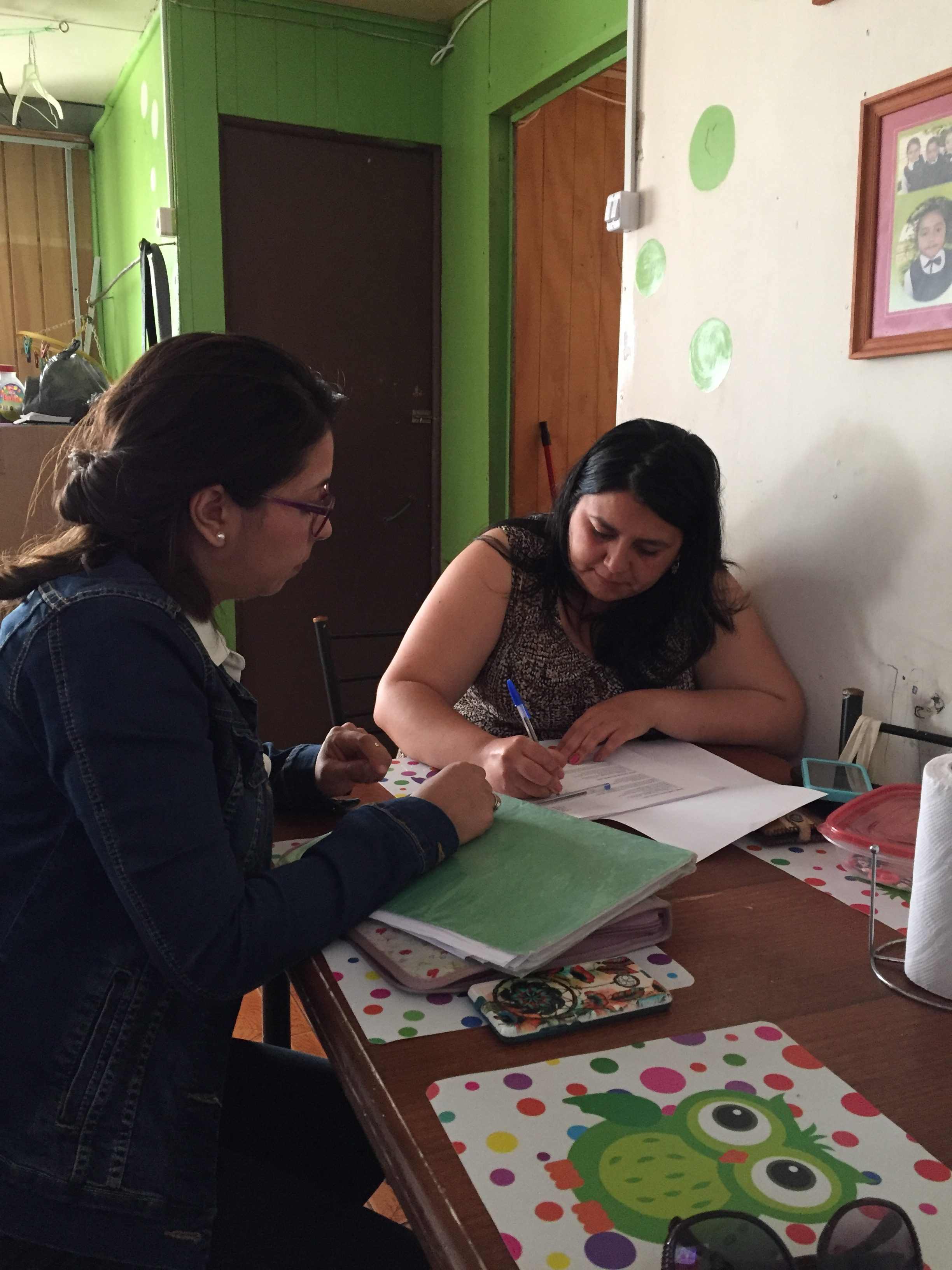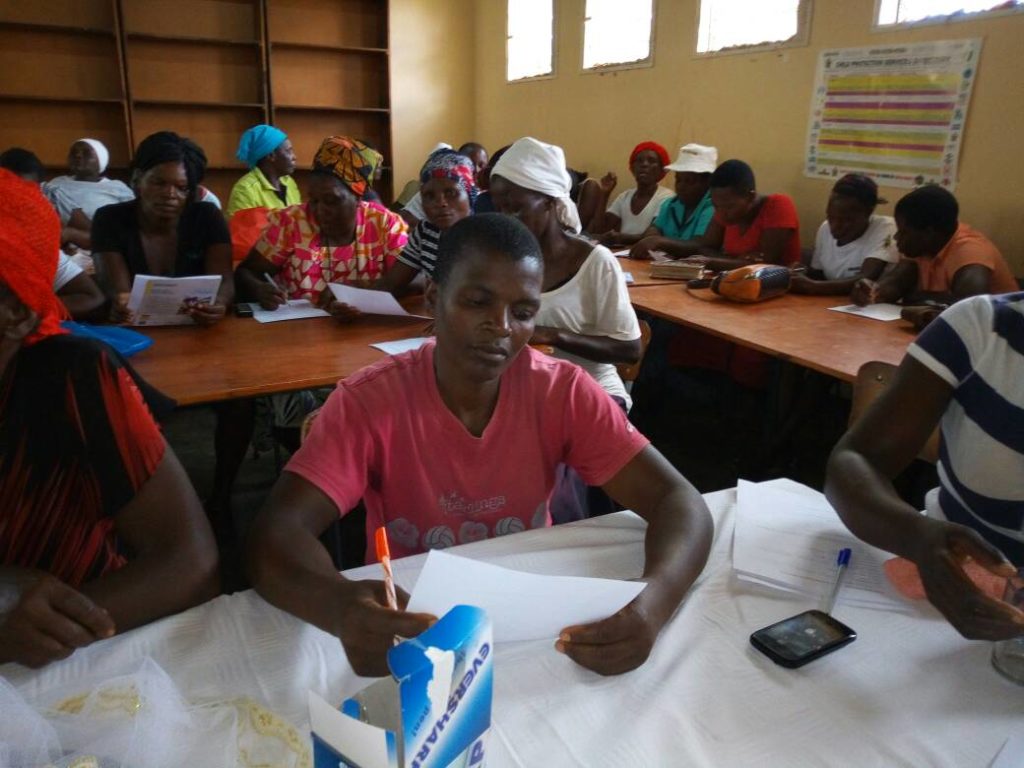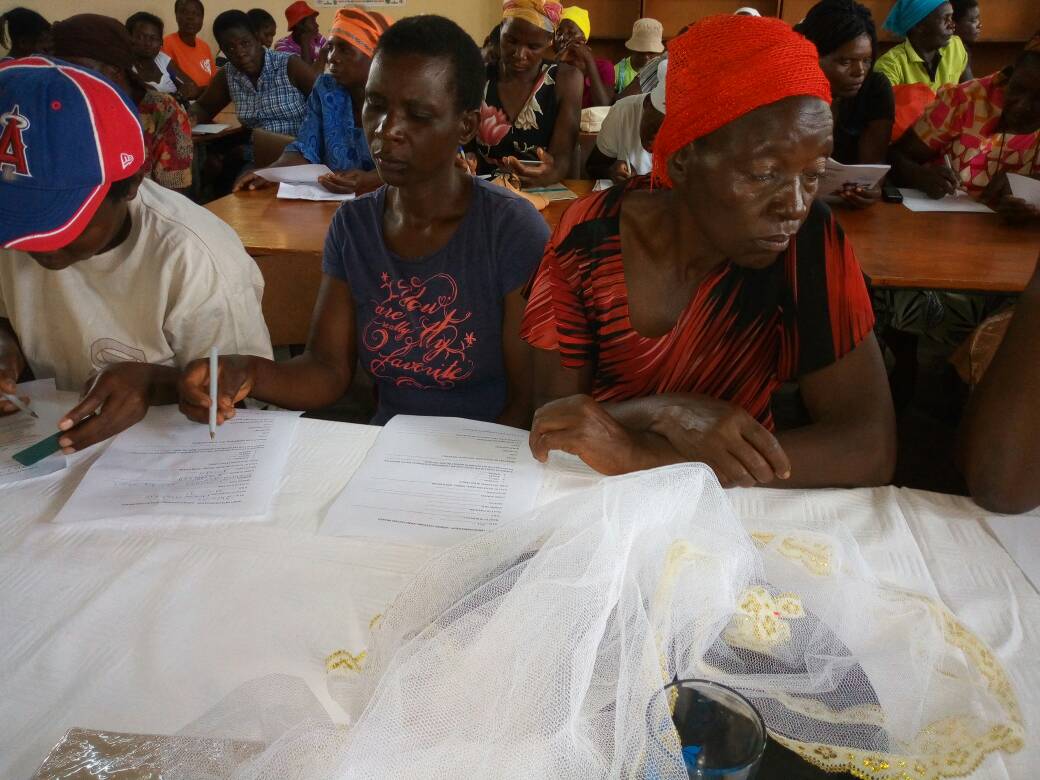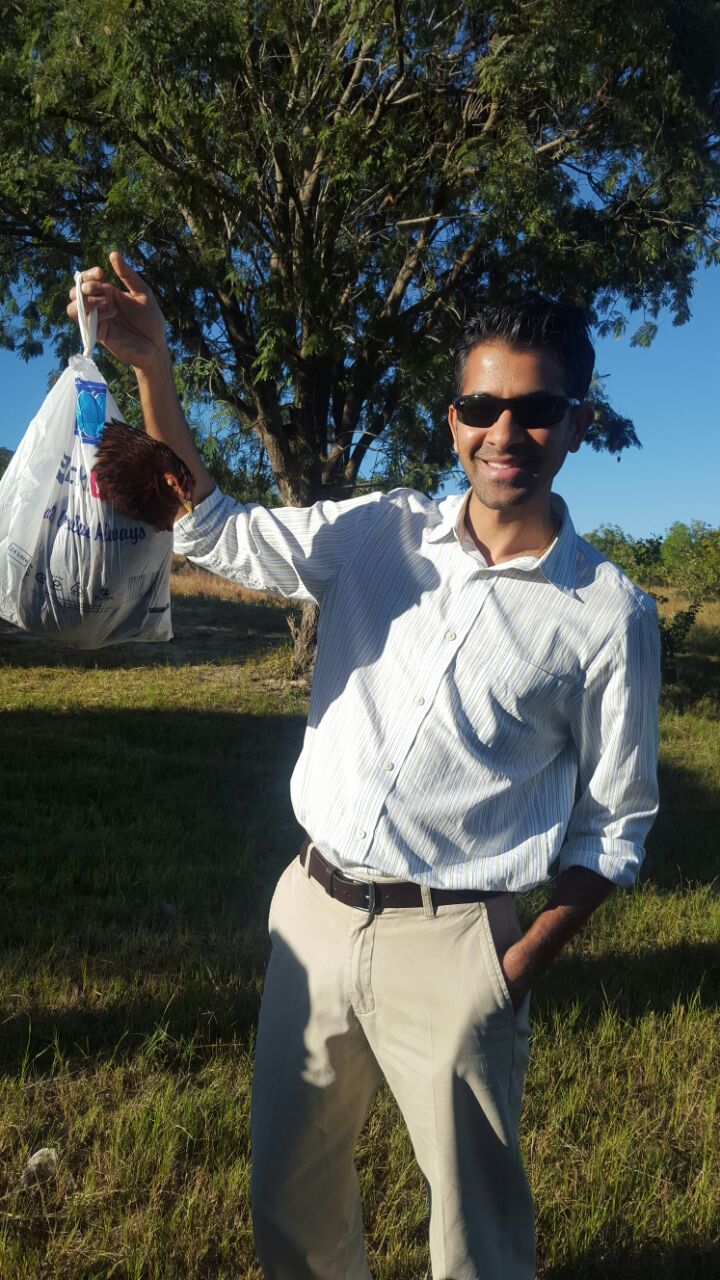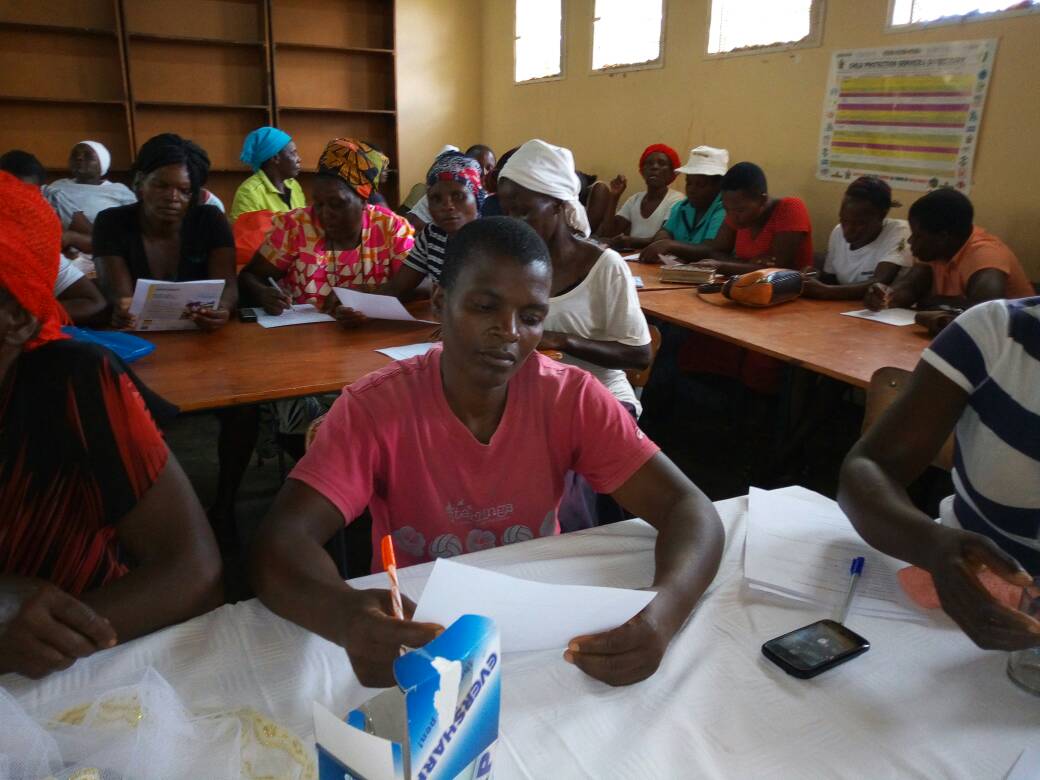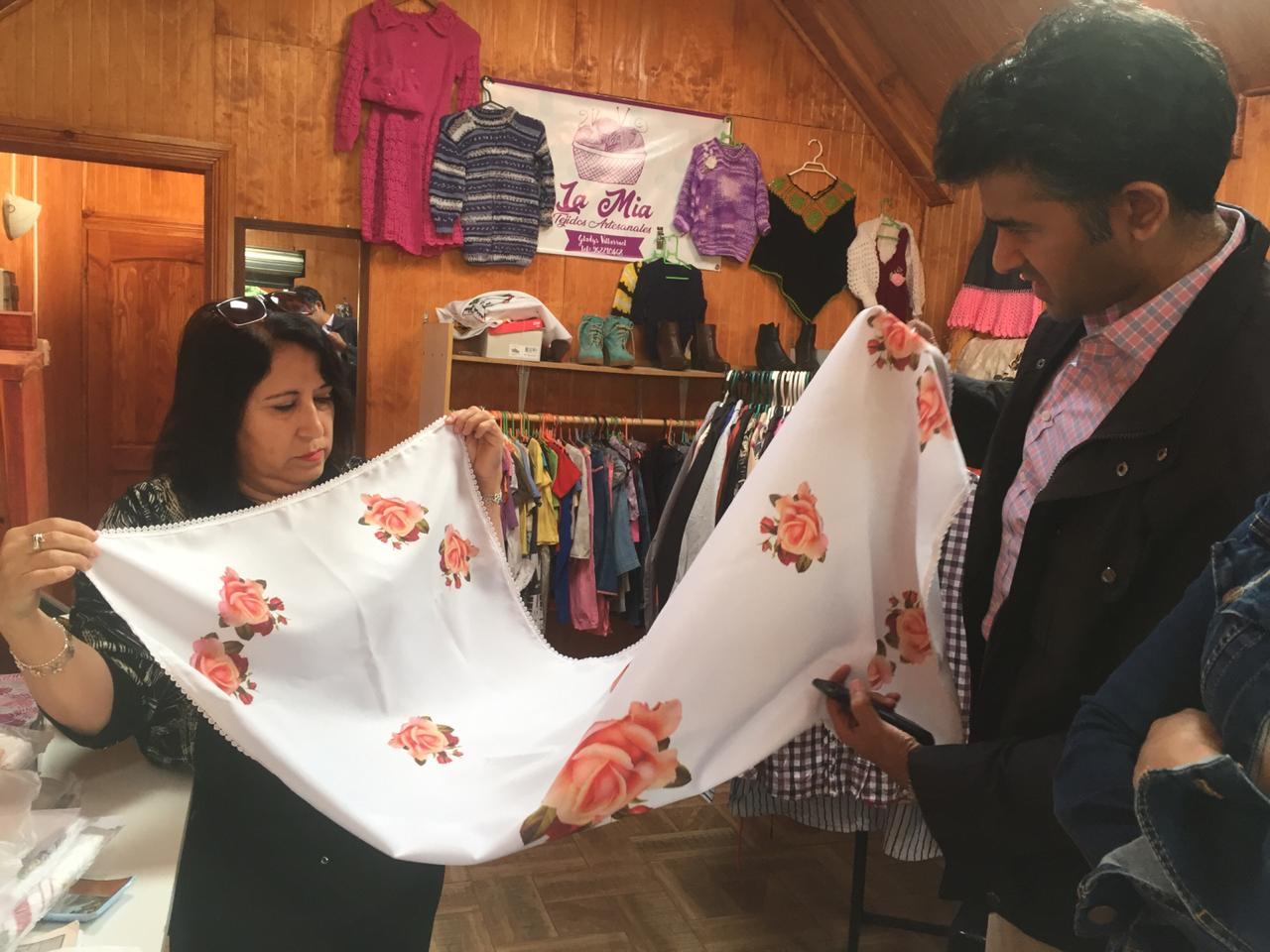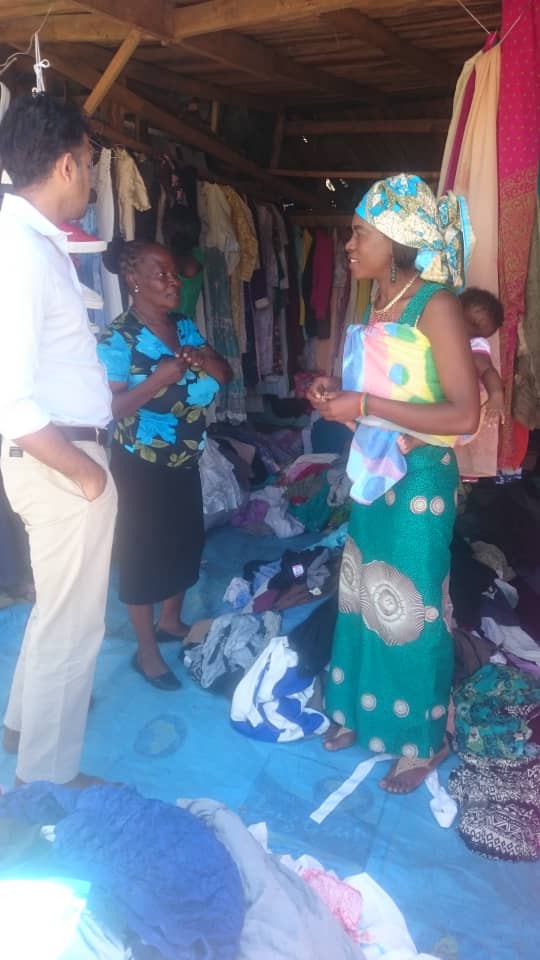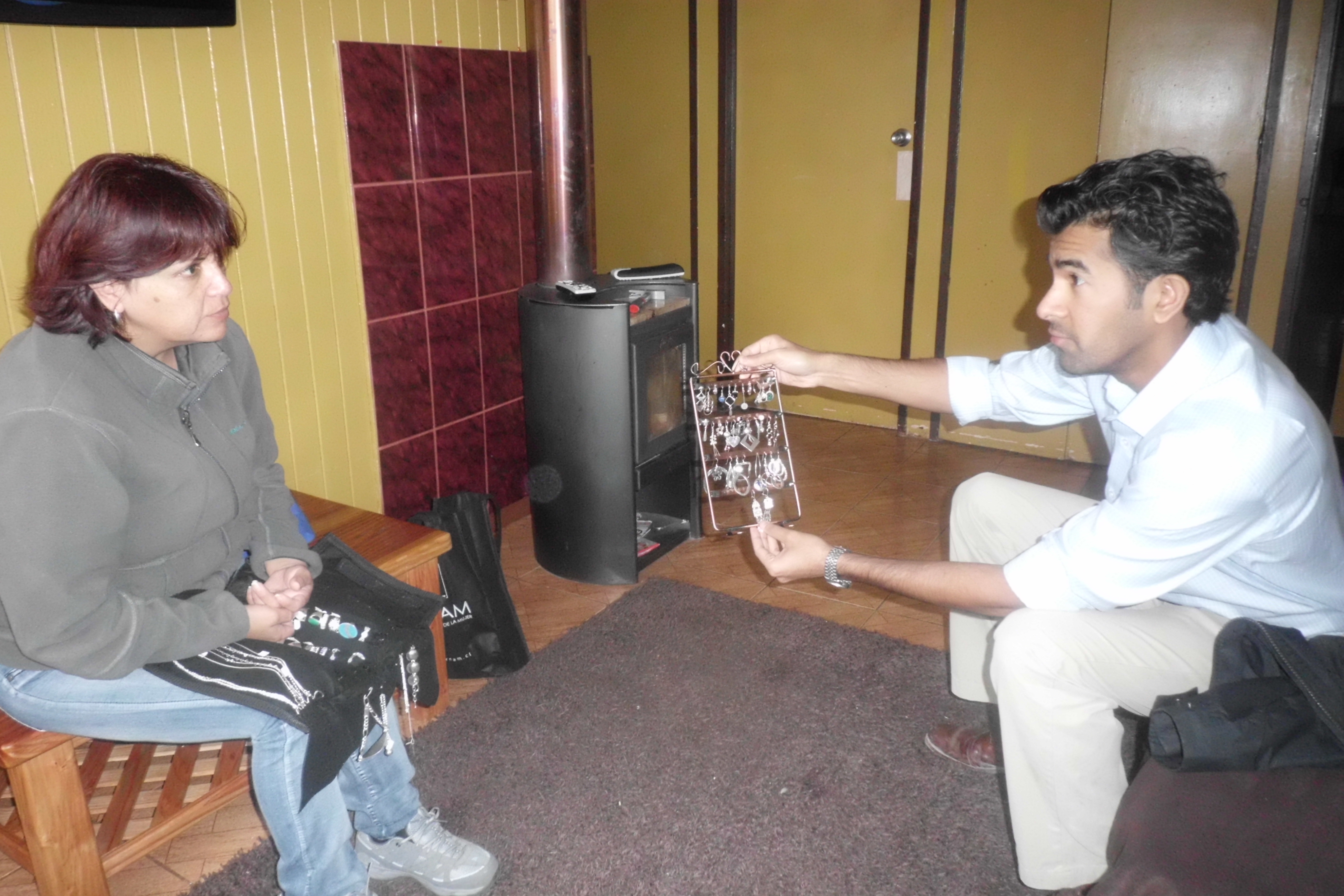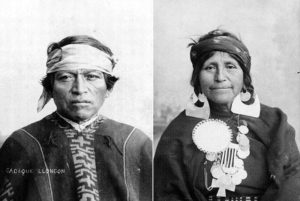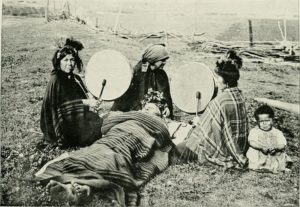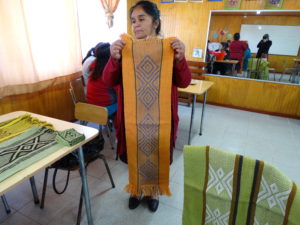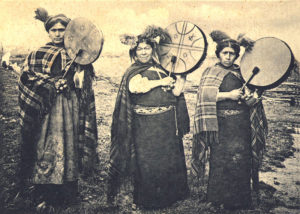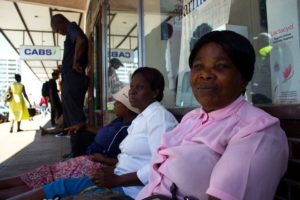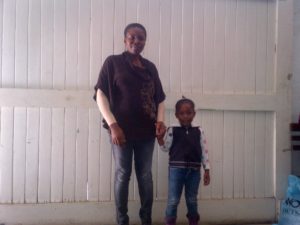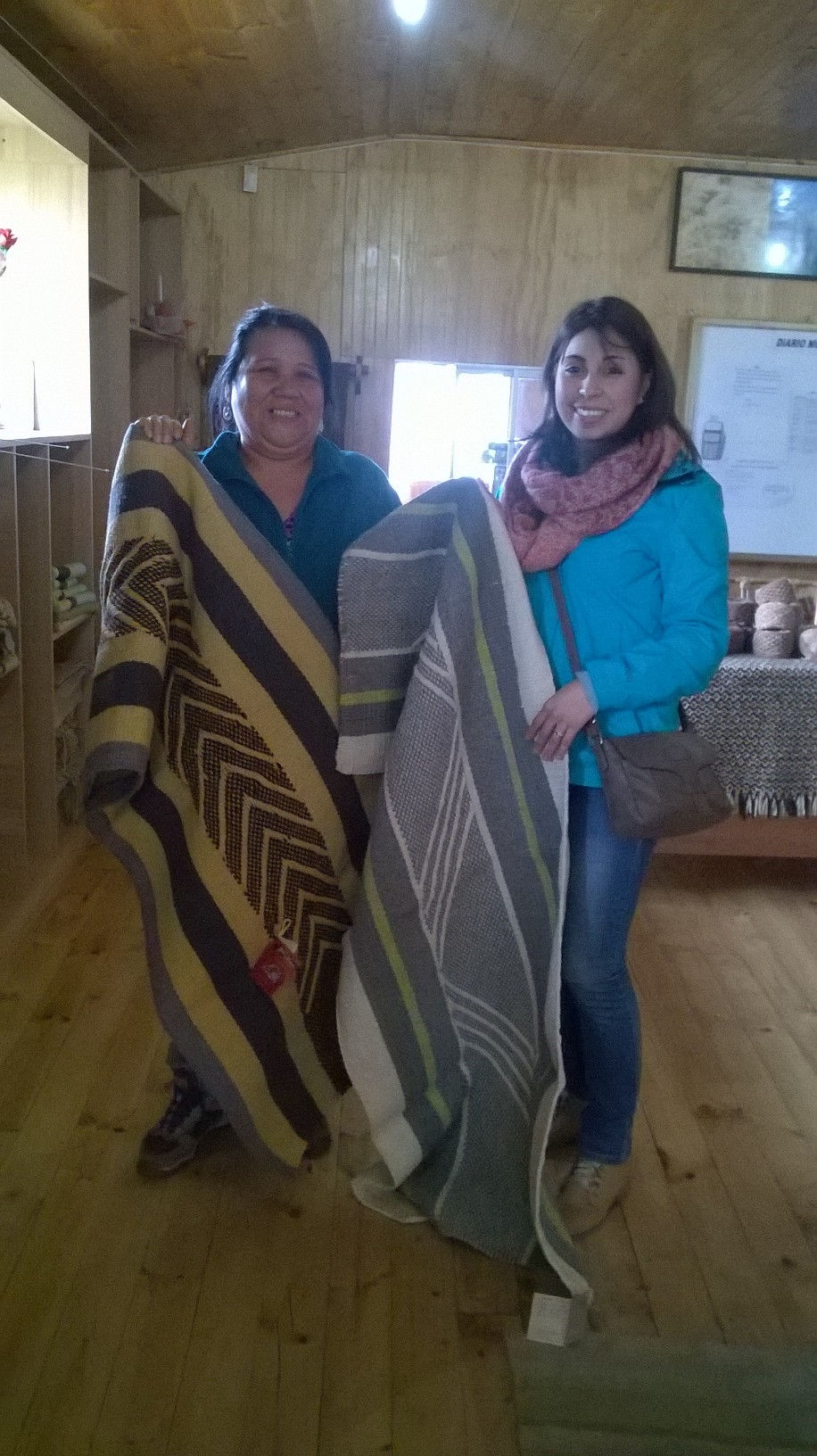
Whenever our founder, Shyam K. Iyer, visits our site in Lebu, Chile, he returns inspired by the crafts, textiles, and food being created by SKImfi microfinance beneficiaries of indigenous Mapuche heritage. SKI Charities aims to give women a path to start and grow sustainable businesses that encourage them to utilize their culturally-embedded skillset.
We talked to Shyam about the progress we are making in Lebu to preserve the traditional Mapuche culture.
Tell us about the indigenous Mapuche people in Chile.
They’re indigenous to the Southern part of South America, mainly Chile and Argentina. It’s a similar culture to the Native Americans here in North America, in the sense that there’s a strong focus on local resources and sustainability. In fact, all the work our beneficiaries do in Lebu is all handmade and natural. The world Mapu means Earth. So the name means “people of the Earth.” And that is a part of their daily lives and it’s a part of everything our beneficiaries do.
What sort of work are the beneficiaries doing?
They do work in food, crafts, clothing, textiles. All of the work benefits the communities and supports their culture. It’s all handmade. Most of the knowledge in these areas comes from women to women. So focusing on women makes a lot of sense here.
Tell me about the food.
The food is probably my favorite part because I get to sample it! It’s all locally sourced. It’s a fishing village, so there’s quite a bit of seafood in their cooking. Some of it is served in the ceviche style which is raw and marinated in lemon juice. But it’s all locally caught fish. And one of the other areas that I was surprised by but shouldn’t have been is their focus on chocolates. One of our beneficiaries creates chocolate with local Mapuche fillings, so things like pumpkin and chile. I was able to try the different arrangements she had and it was really tasty and it’s something I don’t think we find in many parts of the world.
Where are these products typically sold?
Most of these products are sold by women individually out of their kiosks and their stores. A couple of them have such strong demand—and I can attest to how much I would love to buy from them—that they sell from their own houses; people, restaurants, small shops come to them, they buy an array of chocolate or prepared foods that they then take back.
Tell me more about the crafts. 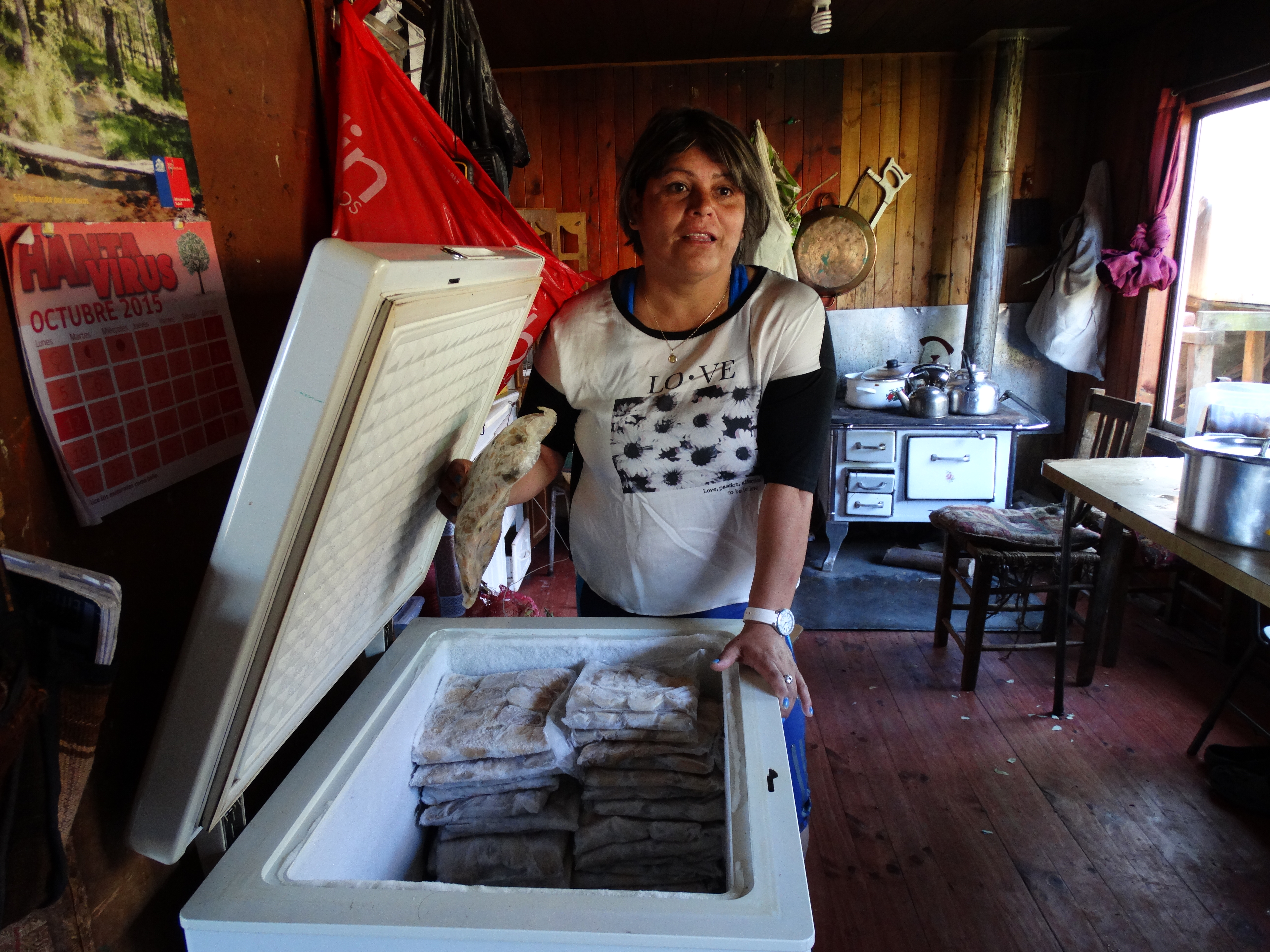
The crafts are really unique. It’s all locally sourced, so if they’re making something from leather, it’ll be from local animals. I was also really interested to see that they make purses and pouches made of skins from fish. This is locally caught fish, fish that’s already being used for its meat so it’s all done in a sustainable way.
The other thing I like to see is the strong belief in silver; and how the silver metal is very healthy and how there’s good luck in it. They make a really large amount of jewelry out of it. And this jewelry displays symbols of their culture. So you’ll see rings with a small symbol of Mapuche women. The jewelry itself is made of local silver and the jewelry is representative of their culture. It’s really an amazing thing to see.
And you said they also do a lot of clothing and textiles too, right?
Yes, that’s right. And clothing is the biggest symbol of Mapuche female culture. They make ponchos, headdresses, scarves out of leather, and local wool. In fact, one of our beneficiaries who makes these products out of wool assured me that the Mapuche sheaf is warmer than anything the Europeans ever brought to them because of the secrets of Mapuche animal rearing. I couldn’t test that, but you can tell that’s it’s really solid and really well-made. And when they color these wools or other materials they’re using local vegetable dyes. It’s all clean and it’s all sustainably sourced. That’s something they’re really proud of.
This kind of textiles and weaving is performed exclusively by women. The loom that they use symbolically represents the spirit of the Mapuche people. So it’s something that is deeply held by them, it’s passed on from grandmother to mother to daughter and it’s something that’s very important to the female Mapuche culture and the beneficiaries that we help.
Is there a community of women outside of SKI beneficiaries who are able to make a living out of this kind of work? Is it lucrative enough for them; are they able to sustain themselves?
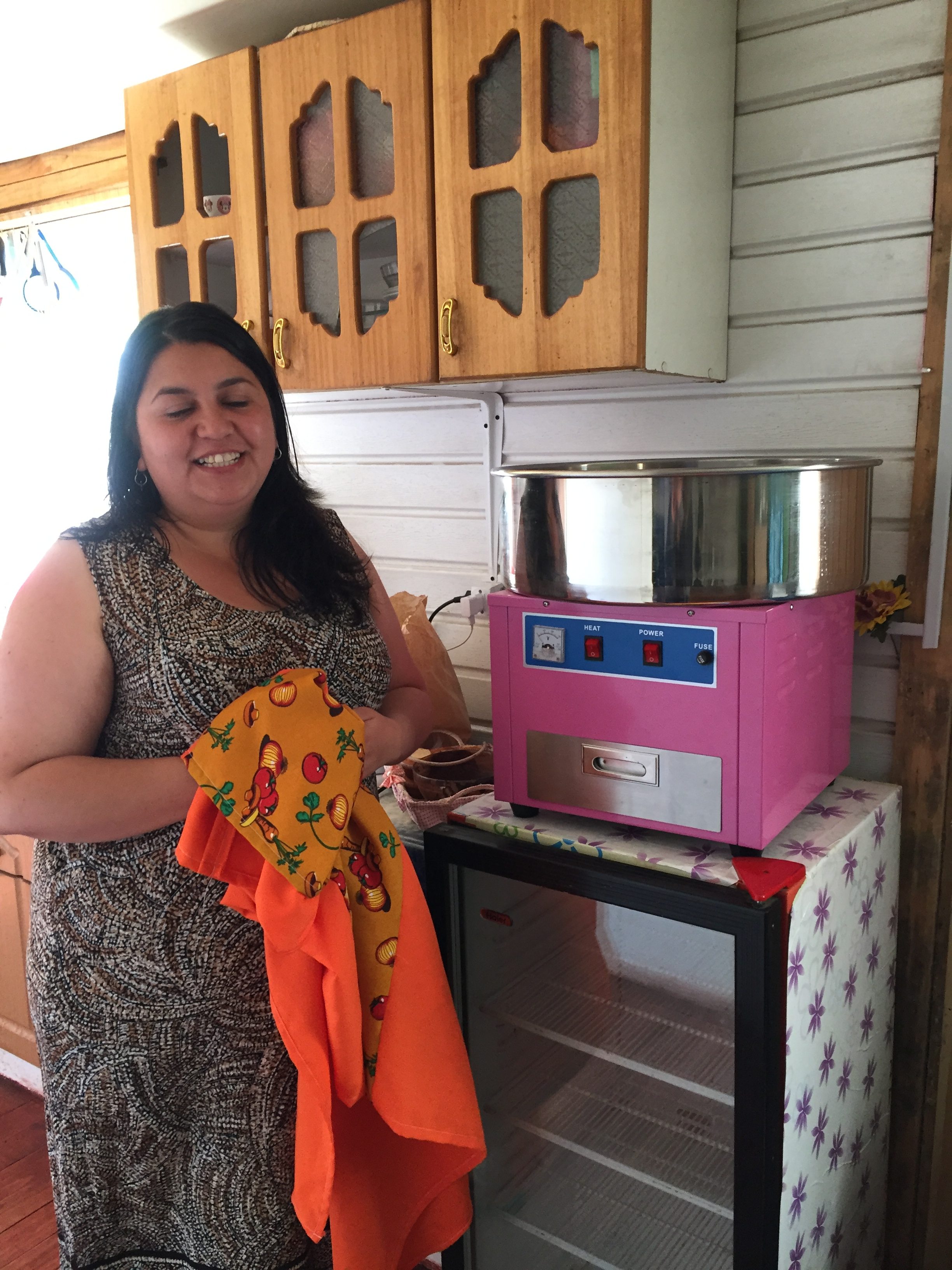 I would say that most women have this expertise, it’s something they were taught when they were young and it’s something they all have in their genes. But it does take capital, it does take money in order to buy the raw materials, in order to buy the machines, and of course to be able to make it to a quality that they can then sell and it make good business out of it. Too many women I meet are unable to do that. Those who have been able to join SKI Charities, especially our SKImfi microfinance project, they’ve been able to expand their businesses or start their businesses.
I would say that most women have this expertise, it’s something they were taught when they were young and it’s something they all have in their genes. But it does take capital, it does take money in order to buy the raw materials, in order to buy the machines, and of course to be able to make it to a quality that they can then sell and it make good business out of it. Too many women I meet are unable to do that. Those who have been able to join SKI Charities, especially our SKImfi microfinance project, they’ve been able to expand their businesses or start their businesses.
It seems like all of these skills are skills they’ve had for a while because they’ve been part of the Mapuche culture. But they don’t necessarily have the skills to make sustainable businesses for themselves. But that’s where SKImfi comes it, because it allows women to enact their culturally ingrained skills and put them to use.
Right, it’s expertise that’s passed down. SKImfi exists to support these women and to promote that knowledge and that culture. But unfortunately, unless it’s a business, unless it’s profitable, most of these women will not see a reason to continue with these skills. They’ll go to Santiago to work in an office, or even within their own community they’ll decide to do something that does not allow them to pass this information on. So the most important thing, besides good business, is preserving and promoting this culture.
Do a lot of these women have children who are able to witness their mothers’ creating and making and cooking?
Yes. When I visit, they’re always accompanied by their daughters. These are all large families and of course we support these families being strong and together. I always encourage our SKImfi beneficiaries to make sure their daughters go to school, that they pay their fees and everything goes well in that sense. But of course, they are observing their mothers and they’re seeing their mothers are role models and good businesspeople. There’s nothing bad that can come from that. They need to see their mothers doing it, and they need to see their mothers succeeding at it in order to want to continue the family work.
You can also listen to this interview on SoundCloud.


